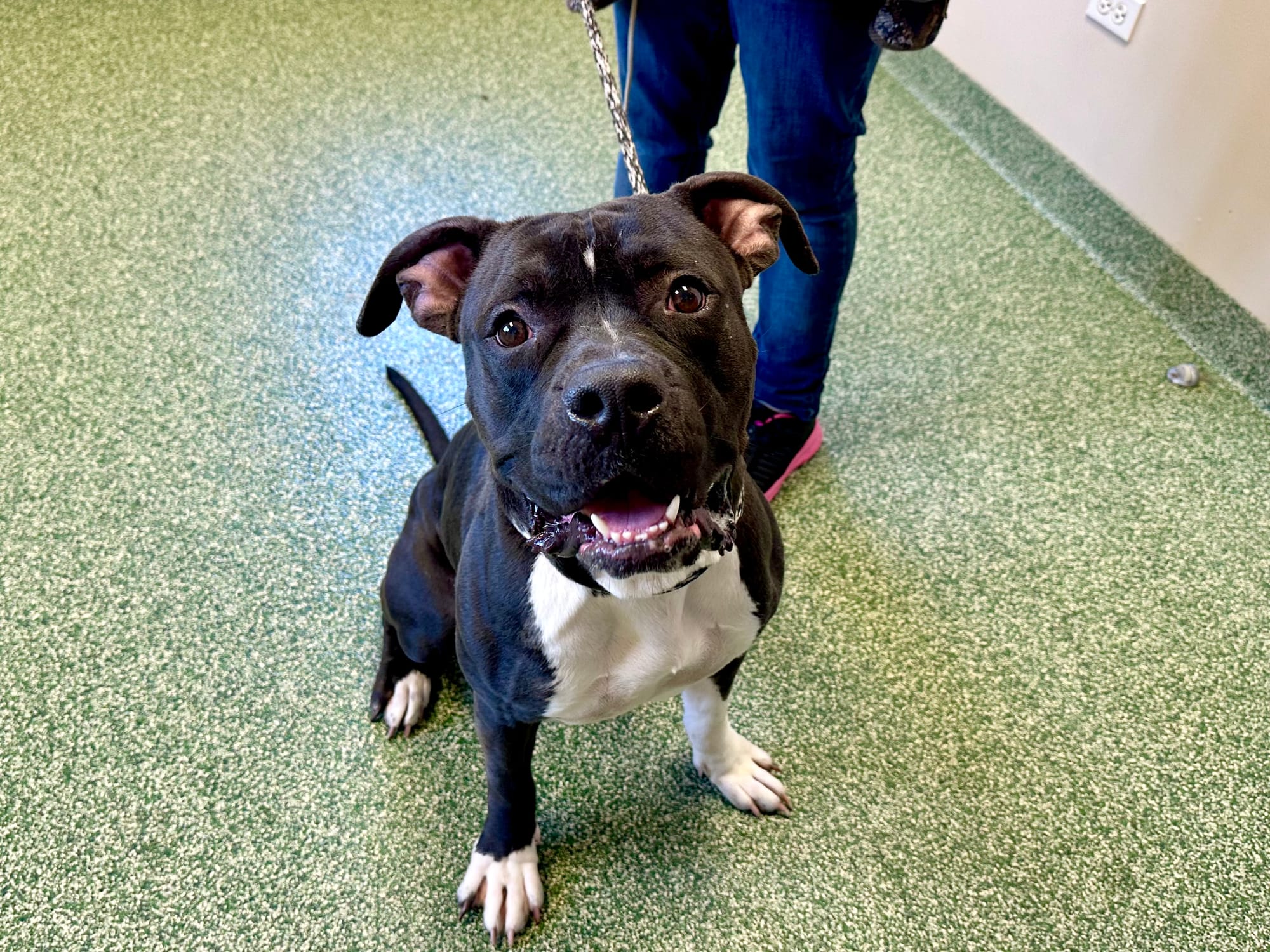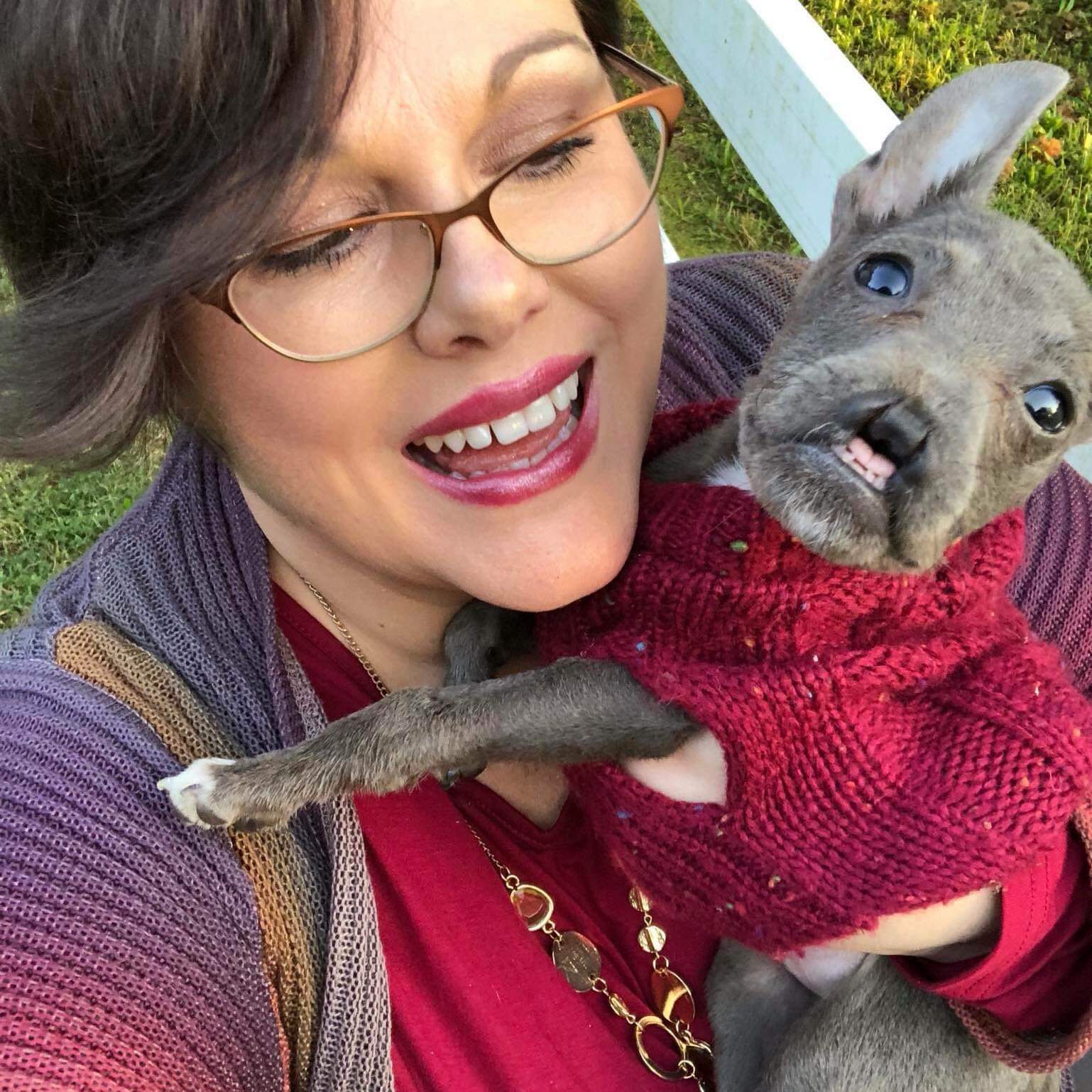Welcome to the ultimate destination for celebrating the unsung heroes of the dog rescue world. At Rescue Spotlight, we're dedicated to highlighting the remarkable journeys of rescue organizations and the incredible individuals behind them.
Whether you seek heartwarming tales of second chances, inspiring stories of rescue missions, or practical insights into the world of dog adoption, you'll find it all here.
Today, we're privileged to interview Jeanna Wright, one of the devoted people behind Bluegrass Bully Rescue You can find a direct link to their Instagram here.
Here is their story:
What inspired you to start or become involved with this rescue organization?
Wright: I fostered a dog back in 2015 and failed almost immediately. I became more involved with that rescue and eventually left there to start this rescue with some friends.
Can you tell us about a particularly memorable rescue mission or adoption story that stands out to you?
Wright: Back in 2020 we took in a dog and I was the one who picked him up to bring him to his foster. He was easily the thinnest dog I had ever seen. You could see every bone in his body. He had sores on his back and his head. I just wasn’t prepared for his condition. He laid down in my lap as I drove. It was like he knew he was finally safe.
What are some of the biggest challenges you face as a rescue organization, and how do you overcome them?
Wright: The two biggest challenges are funding and fosters. We are a foster-based rescue so we cannot take in dogs if we don’t have foster homes available. We are reliant on donations to be able to provide food, toys, puppy pads, and vetting to the dogs we have in rescue.
How do you select the dogs that your organization takes in, and what criteria do you use for adoption?
Wright: Intake is based on foster homes available to an extent. Dogs over 6 months old we do not commit to unless we have met the dog to determine their personality. Also based on funding availability at the time. Criteria for adoption is based on vet checks, all animals in the home must be up to date on vaccinations and spayed or neutered. We also do a home visit to ensure the home is safe and to interview the residents of the home.
In what ways do you work to rehabilitate and socialize dogs before they are adopted?
Wright: We get the dogs vetted which includes vaccinations based on age, health checks, check for Lyme disease, worms, etc. we also have the dogs spayed or neutered and microchipped. We start all dogs on flea/tick preventative and heartworm preventative. All dogs are in homes with other dogs. So foster homes have kids and cat or farm animals too. We have in-person adoption events to encourage more socialization with dogs and people.
What role do volunteers play in your organization, and how can people get involved?
Wright: We have volunteers that foster, help handle dogs at events, process applications, do home visits, transport dogs, plan events, and fundraisers. If someone wanted to get involved they can email us.
Can you share some success stories of dogs who were once in your care and have now found loving forever homes?
Wright: The dog I spoke about earlier was medically rehabbed and is now living with his adopter and a dog sister. He is a good weight and a loving dog. Several of our dogs were adopted by their fosters and many still foster for us so we get to see updates often. I personally have adopted a dog from the rescue.
How does your organization collaborate with other rescues, shelters, or animal welfare organizations?
Wright: We work with shelters to try to pull dogs in need when we have room available. We typically just reach out when we see dogs posted or reach out to shelters we have worked with in the past when we have room available to see if they have a dog that would fit in that foster’s home. We collaborate with other rescues to help with transport or to discuss current issues with different dogs and just to bounce ideas off each other.
What initiatives or programs does your rescue have in place to promote responsible pet ownership and prevent pet homelessness?
Wright: When someone contacts us to surrender a dog we always ask what we can do to help them keep the dog. We offer suggestions for whatever issue they are having. We can suggest trainers in their area. We have offered to spay and neuter dogs for those in need. We have given out food, crates, supplies to people in need.
Looking ahead, what are your organization's goals and aspirations for the future?
Wright: We would love to have a facility to quarantine dogs before they go into foster homes. We would like to offer some kind of consistent mobile vetting options to homeless people with dogs. Spay and neuter clinics would be another aspiration along with a dog food bank.

